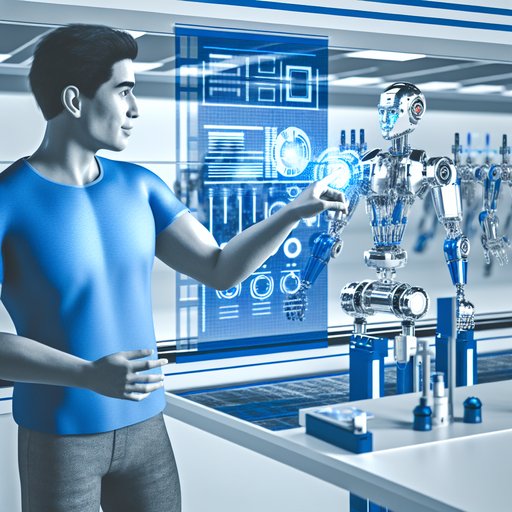The Power of Prediction: AI’s Influence in Energy Planning
In an era defined by climate urgency and technological evolution, the energy sector stands at a crossroads. The integration of AI into energy systems heralds a transformative shift—particularly through AI-powered simulations. These simulations enable unprecedented precision in predicting energy demand, optimizing grid efficiency, and integrating renewable sources more effectively.
By processing vast amounts of data from smart grids, weather forecasts, and consumption patterns, AI models are redefining how we anticipate energy needs. For instance, recent collaborations between AI firms and utility companies in Germany showcase AI’s ability to forecast electricity demand spikes, reduce outages, and integrate solar and wind energy more seamlessly.
AI and Renewable Integration: Closing the Gap
Renewable energy sources, while crucial for sustainability, pose integration challenges due to their intermittent nature. AI simulations offer a solution by modeling various scenarios and optimizing the mix of energy sources to ensure stability and reliability.
In Germany, AI-driven platforms are synchronizing the output of solar and wind installations with real-time grid demand. This innovative approach not only maximizes efficiency but also minimizes waste—a critical factor in achieving the nation’s Energiewende (energy transition) goals.
With regulations tightening under the EU’s Green Deal, such AI applications are not just beneficial but necessary, ensuring compliance while driving innovation.
Ethical Considerations: Navigating AI’s Role
The deployment of AI in energy systems raises important ethical considerations. Data privacy, algorithmic bias, and transparency must be scrupulously addressed to maintain public trust. The European AI Act aims to regulate these aspects, ensuring that AI technologies align with ethical standards.
Germany has been at the forefront, spearheading efforts to embed ethical considerations into AI development. This involves not only adhering to regulations but also fostering a culture of accountability and transparency in AI-driven decision-making processes. As AI plays a more significant role in critical infrastructures, these ethical frameworks are paramount.
Case Study: Munich’s Smart Grid Transformation
A leading example of AI’s impact is Munich’s smart grid initiative, launched earlier this year. Utilizing AI simulations, the city has effectively reduced carbon emissions by enhancing energy distribution and optimizing renewable energy integration.
This project exemplifies how AI can address both technical and environmental challenges, offering a blueprint for cities worldwide to achieve sustainable energy targets without compromising reliability or efficiency.
Looking Ahead: AI’s Role in Global Energy Security
As AI continues evolving, its potential to bolster global energy security cannot be overstated. By enhancing predictive capabilities and fostering sustainable practices, AI simulations are shaping energy policies that are both innovative and resilient.
The future trajectory hinges on collaboration between tech developers, policymakers, and the energy sector. With AI-guided insights, we are better positioned to tackle environmental challenges and ensure a sustainable, energy-secure future.
In closing, the integration of AI in energy systems is not merely a technological upgrade but a fundamental shift towards a more sustainable and efficient future. It’s a balance of innovation and ethical governance that will define the energy landscape for generations to come.
This text was generated with the help of LLM technology.










